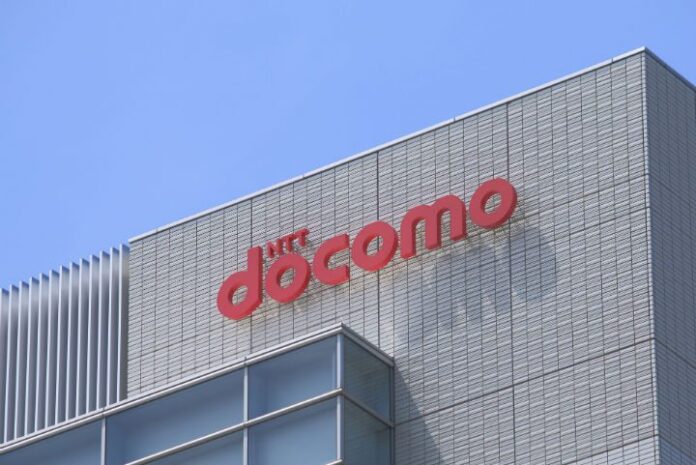Japanese tech company NEC said it has provided packet core and base stations for the 5G Standalone (SA) services that compatriot operator NTT Docomo launched commercially earlier this month.
NEC noted that its 5G core for Standalone architecture helps create customized networks on demand according to the different requirements for 5G services that include eMBB (enhanced Mobile Broadband), mMTC (massive Machine Type Communication), and URLLC (Ultra-Reliable and Low Latency Communications).
Moreover, NEC’s 5G base stations which had been previously operating as non- standalone (NSA) on Docomo’s commercial network, have been migrated to 5G SA via a software upgrade, the vendor said.
“5G SA enables the provision of networking solutions that can flexibly accommodate a wide variety of use cases,” said Hiroshi Kobayashi, SVP at NTT Docomo. “Through its 5G SA, NTT Docomo will contribute to the creation of new value and the resolution of social issues, and promote the further advancement of its 5G network to make the lives of its customers more convenient and prosperous.”
Atsuo Kawamura, EVP at NEC said: “By providing high-quality and reliable 5GC and base station equipment, we will strongly support the expansion of Docomo’s 5G services, as well as contribute to the further development of next-generation mobile infrastructure throughout global markets.”
Earlier this month, NTT Docomo and NEC completed interoperability testing for 5G Standalone (SA) using a 5G base station baseband unit (5G CU/DU) conforming to O-RAN open interface specifications and radio units (RUs) of different vendors.
In June, NEC announced the joint development of RAN Intelligent Controllers (RIC) with NTT Docomo in support of intelligent Radio Access Networks. The two companies said they are aiming to reduce RAN operational costs, improve performance and reduce power consumption through the use of RIC.
Earlier this year, NTT Docomo had selected Samsung as a 5G network solution provider. Samsung will specifically support the carrier’s next phase of its Open RAN development.
In 2018, NTT DoCoMo, together with AT&T, China Mobile, Deutsche Telekom and Orange announced the creation of the ORAN Alliance, with the aim of driving new levels of openness in the radio access network of next generation wireless systems.
Then, in February, the carrier took an additional step in its commitment to establishing an Open RAN ecosystem when it agreed to cooperate with 12 companies to move toward a “5G Open RAN Ecosystem,” with the objective to globally accelerate open radio access networks.

